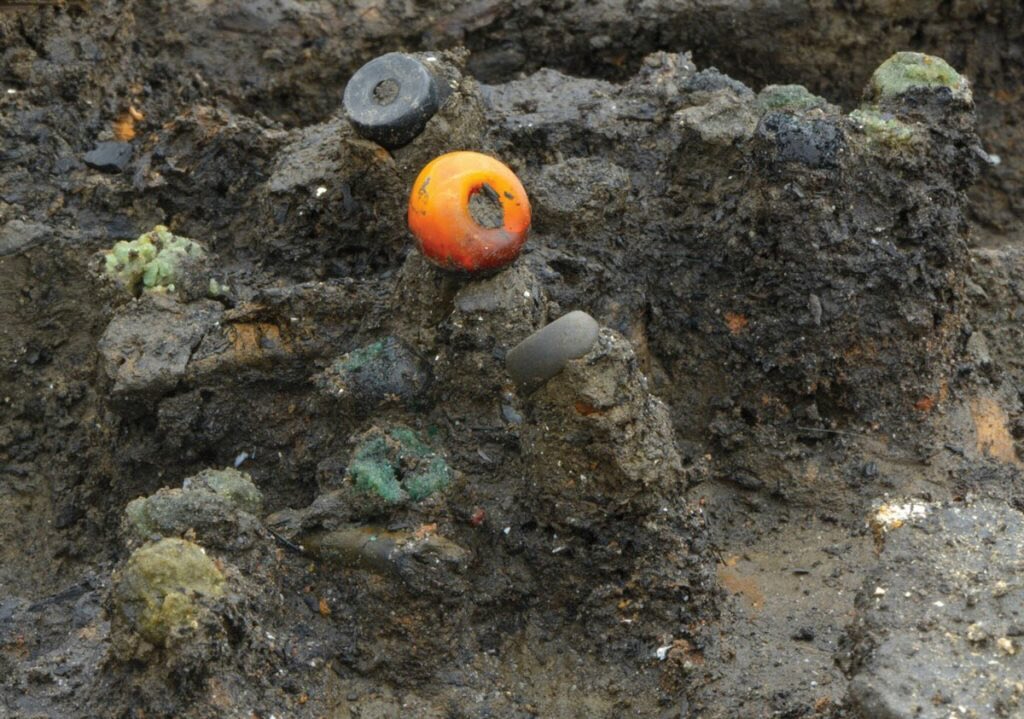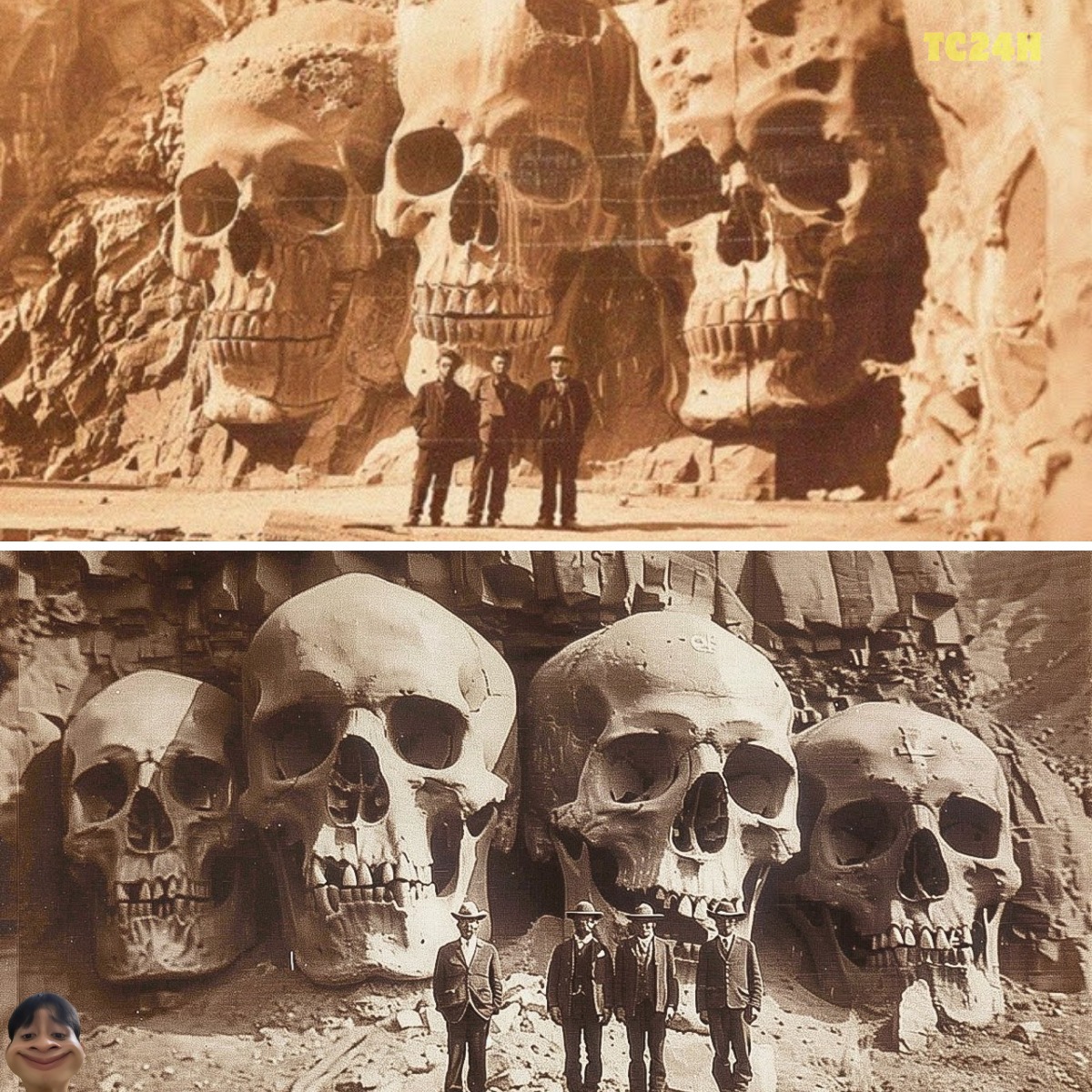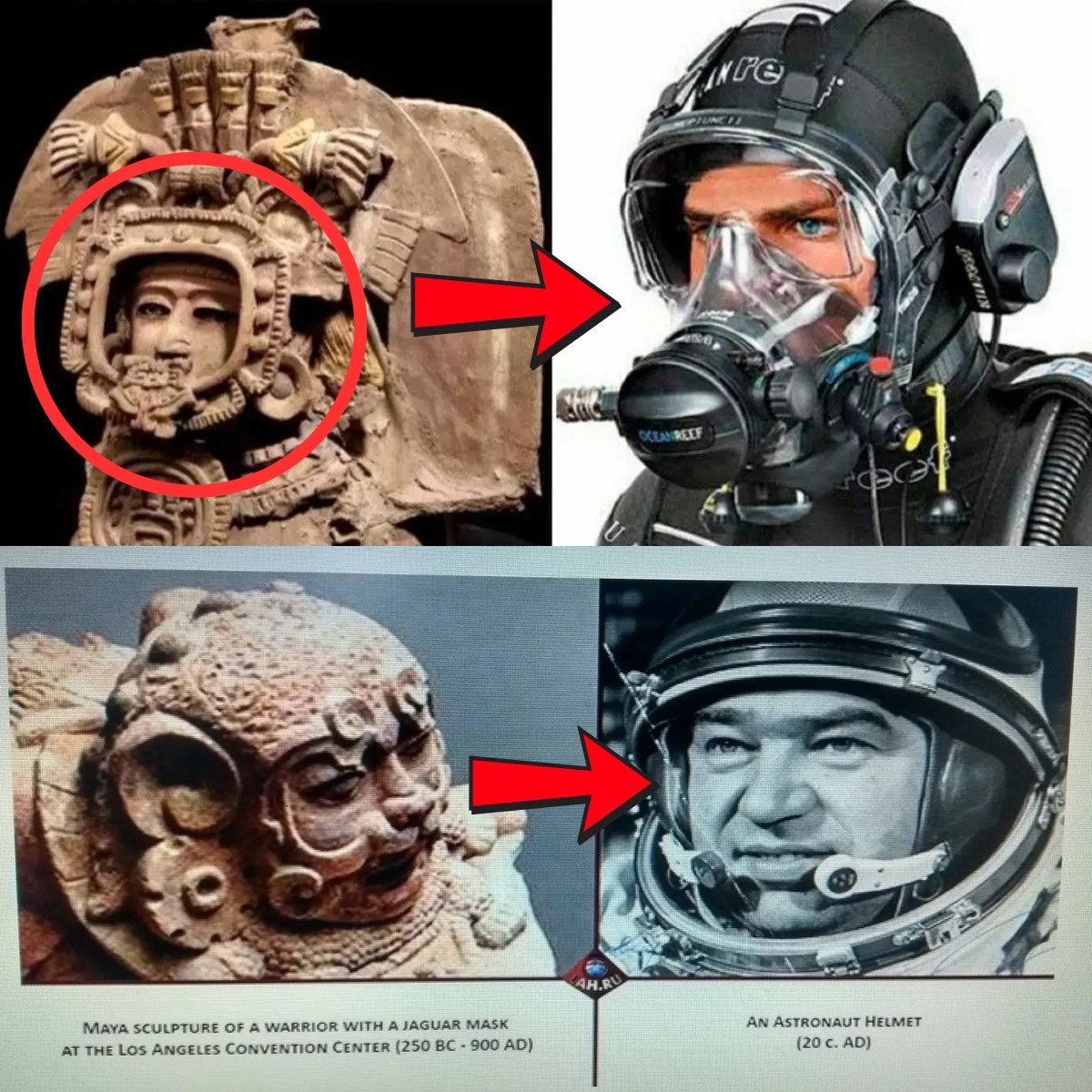Xin Zhui: The 2,000-Year-Old Chinese Mummy Whose Veins Still House Blood
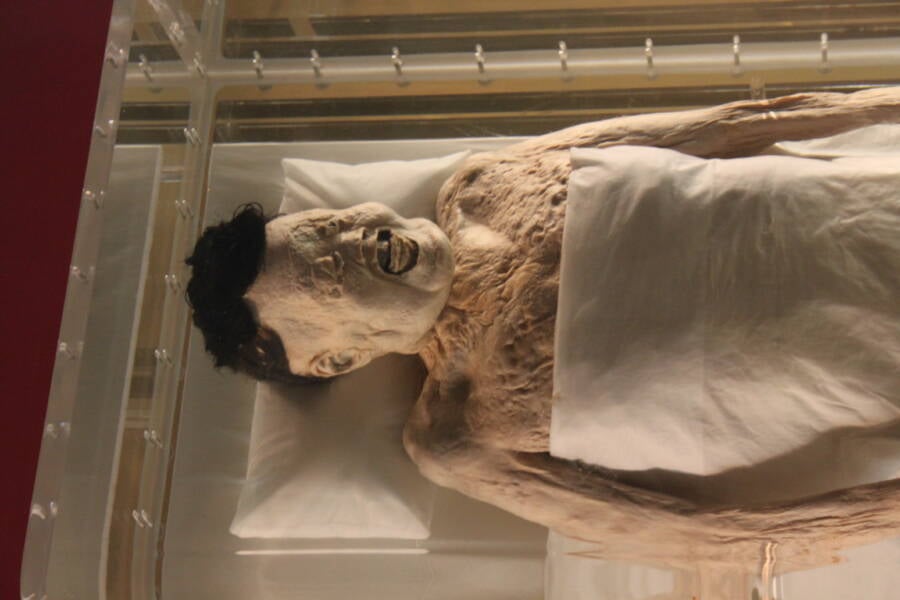
Public DomainXin Zhui, or Lady Dai, died of a heart attack in 163 B.C.E. just moments after eating some melon.
In 1971, workers digging near an air raid shelter in Changsha, China unearthed a massive Han Dynasty tomb containing more than 1,000 stunning artifacts, including makeup, toiletries, lacquerware, and wooden figures.
It also contained the mummified corpse of Xin Zhui, also known as Lady Dai, whose head was still covered in hair, whose skin was soft to the touch, and whose ligaments could still bend much like a person who is still alive.
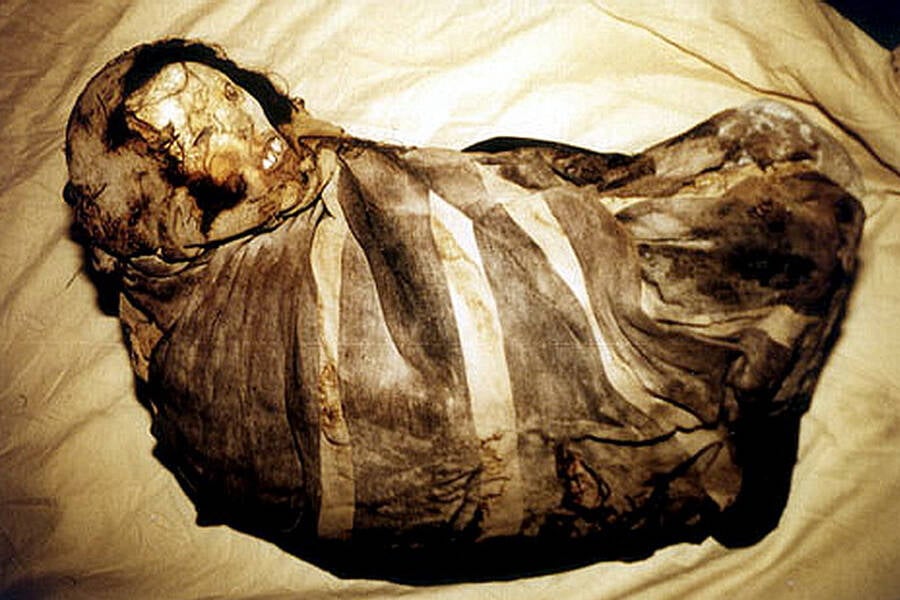
Despite being more than 2,000 years old, dying in 163 B.C.E., she was in a similar condition to that of a person who had died recently. Incredibly, scientists were able to perform an autopsy on her.
They found that Type-A blood was still in her veins, and they could even identify an official cause of death for the woman: a heart attack.
Sadly, once her skin came into contact with oxygen, she began to decompose. Pictures of her current condition don’t quite do her justice.
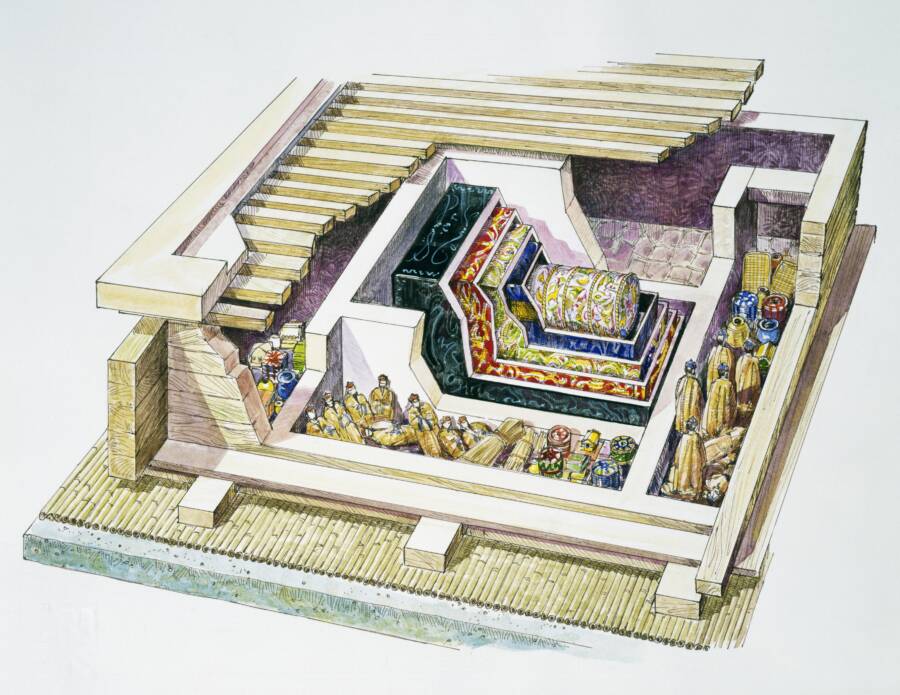
DeAgostini/Getty ImagesAn illustration depicting the burial chamber in which Lady Dai was placed.
Still, she remained in near-perfect condition for about two millennia, and researchers attribute that amazing feat to the airtight seal of her tomb.
She had been sealed away in a small pine box, which was in turn placed inside three increasingly larger pine boxes. Her body had also been wrapped in 20 layers of silk and soaked in 21 gallons of a slightly acidic “unknown liquid” that was found to have traces of magnesium in it.
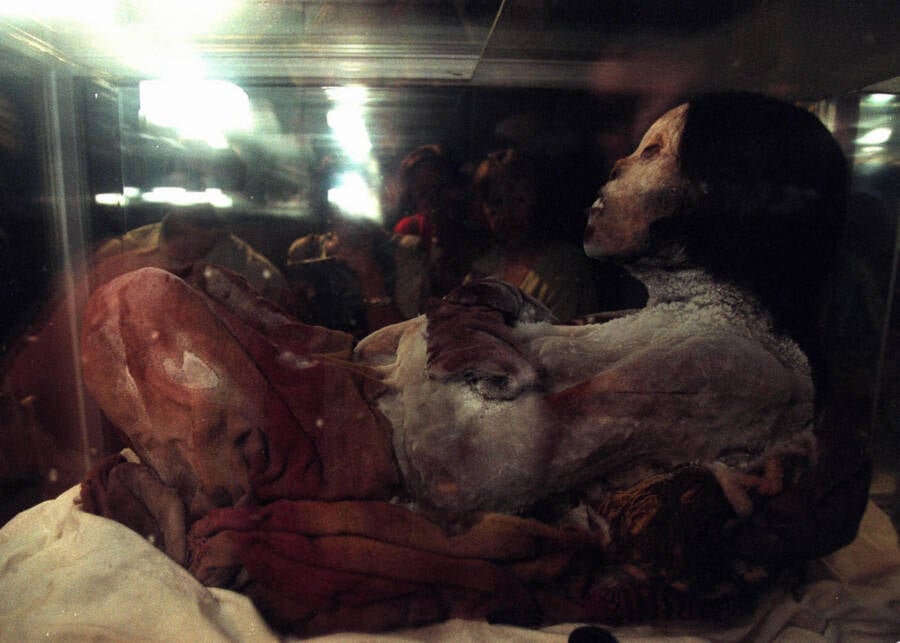
The chamber was also packed with charcoal to absorb moisture and sealed with clay. This ensured that oxygen and decay-inducing bacteria would be unable to penetrate the coffin and get to the corpse. Additionally, the top of the tomb was sealed with three feet of clay, keeping water out.
Preserved body of the Tollund Man, hung to death in 300 BC, Silkeborg Museum, Silkeborg, Jutland, Denmark, Scandinavia, Europe
But despite the immaculate preservation of her body, we know little about her life. Researchers know that Lady Dai was the wife of a high-ranking Han official named Li Cang and that she died around age 50. Her heart attack was likely brought about by obesity, lack of exercise, and over-indulgence.
